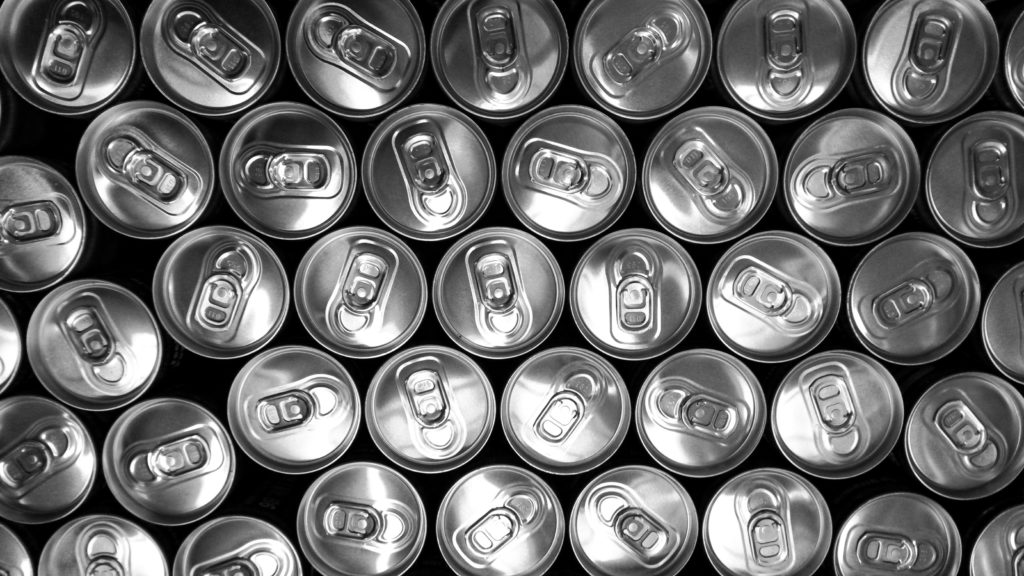There are a number of software solutions on the market that claim to be “Brewery Specific” – they speak in brewery terms like barrels and brew logs. They have educated their sales people to say all the right things and make all the right promises.
But are these systems actually brewery specific software – and what does that mean?
Was the system written specifically for formula manufacturing or is it just using the field names that sound familiar? Does the data flow actually reflect your processes and operations?
Breweries are a great example of batch manufacturing. They use formulas rather that bills of materials. Breweries make beer using batches rather than work orders. Like items are scheduled together and most importantly they experience variable yields. Breweries have specific needs that are very different than assembly manufacturers.

What makes a brewery unique and why is this important?
Breweries experience variations from brew to brew, fermentation to fermentation and packaging run to packaging run. The one thing a brewery knows for sure is that the yield on one batch is going to be different than that of another batch.
Multiple Inputs and Multiple Outputs
A system that reflects the unique characteristics of a batch and can easily adjust to these changes is a key differentiator when looking for software for a brewery. If you always made your beer the exact same way with no variation in process you would wind up with unacceptable variations in quality. Instead you adjust your process to account for unique challenges that each brew and fermentation present.
In addition to variable yields, creating various finished goods from one or more bright tanks is a requirement. This occurs daily in packaging. You may want to divide a single bright tank into multiple packaging types – cans, kegs and bottles and track it all back to the same bright tank.
Not all “Brewery Specific Software” applications have the same capabilities.
Instead they require a unique packaging log for each packaging type coming from a bright tank. That is just silly. It is a classic tell-tale of a discrete manufacturing solution and should be avoided.
A better solution for the packaging log is to tie all the outputs to a single packing log. This way all the cost, processing, and quality are tied together making analysis of yields much more straight forward.
This is not just limited to packaging. If a brewery does any barrel aging you will run into the same issue. You want to record some production to the bright tank, some to barrel aging and may some another fermenter for blending. Does your “Brewery Specific” application do that? How may logs are needed to accomplish that task?
The majority of systems will require you to create a log for each item produced. This creates extra paperwork, more meaningless data and added time recording results.
Robert Cosio, VicinityBrew (Implementation Manager/Brewery Evangelist) explains a scenario from working at Figueroa Mountain Brewing Company.
“Craft beer is crafty and a brewery management software solution should be flexible to handle that craftiness.”
“I worked at a brewery before coming to VicinityBrew, I was the lead on the implementation of the product, it was this flexibility that caught my attention. At my brewery, ownership was constantly wanting new and exciting beers for the taprooms. Brews could start its life as one beer and then morph at some point in the process. VicinityBrew was built from the ground up to handle this challenge. A brew could start as a pale ale and then be changed in fermentation…no need to create a new formula or BOM. It’s simple, that particular batch was dry hopped more aggressively, the extra hops were consumed and the beer was transferred to a serving tank just for the taproom.”
“Oh wait…the distributor wants some of it in kegs for a tap takeover” no worries “but it’s in the serving tank what do we do?” just bring the volume that is in the serving tank into a log as the “input” and rack off your kegs. No other brewery management software can even touch this and this is only the beginning of the flexible that VicinityBrew has, right out of the box.”
As you evaluate brewery software, be sure to ask yourself how important it is to have a system that can reflect and deliver results catered to your actually production processes? What system can easily change as you change your process? Don’t be sold by slick salespeople that speak the lingo. Can they really adapt to what you deal with on a daily basis? At VicinityBrew, our brewery specific software was built from the ground up dealing with those variations and we look forward to the challenges your brewery brings to the table.

